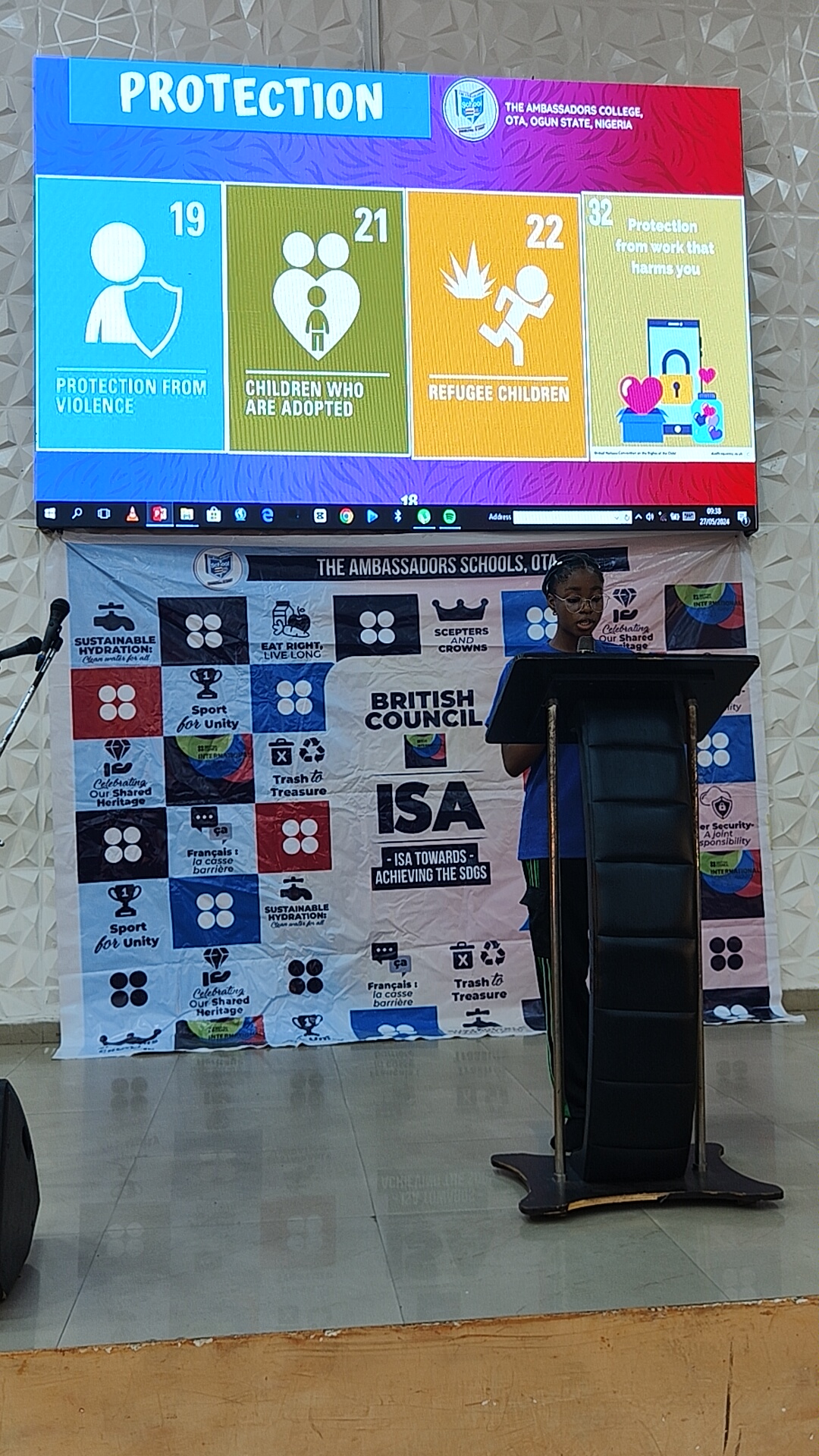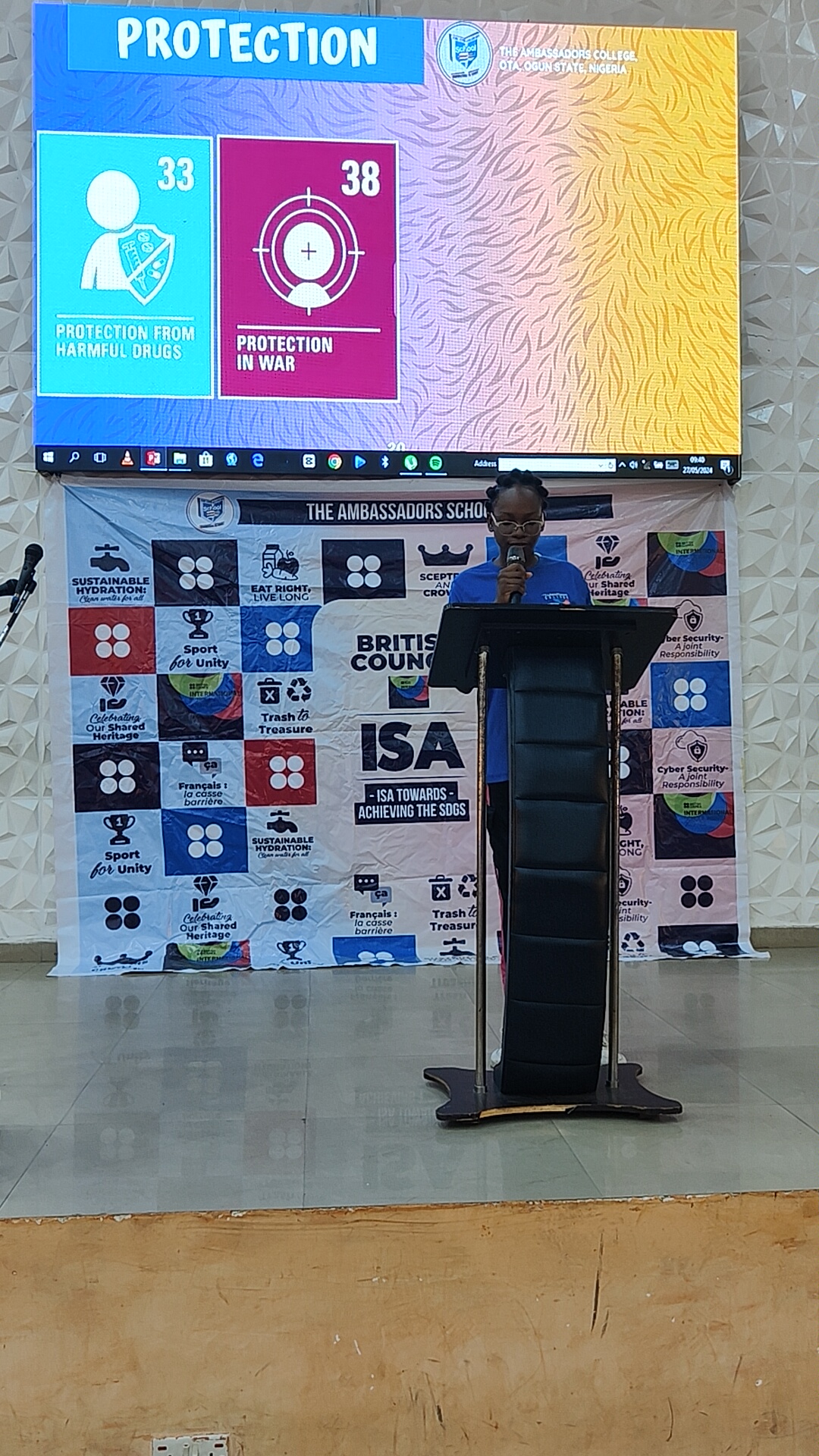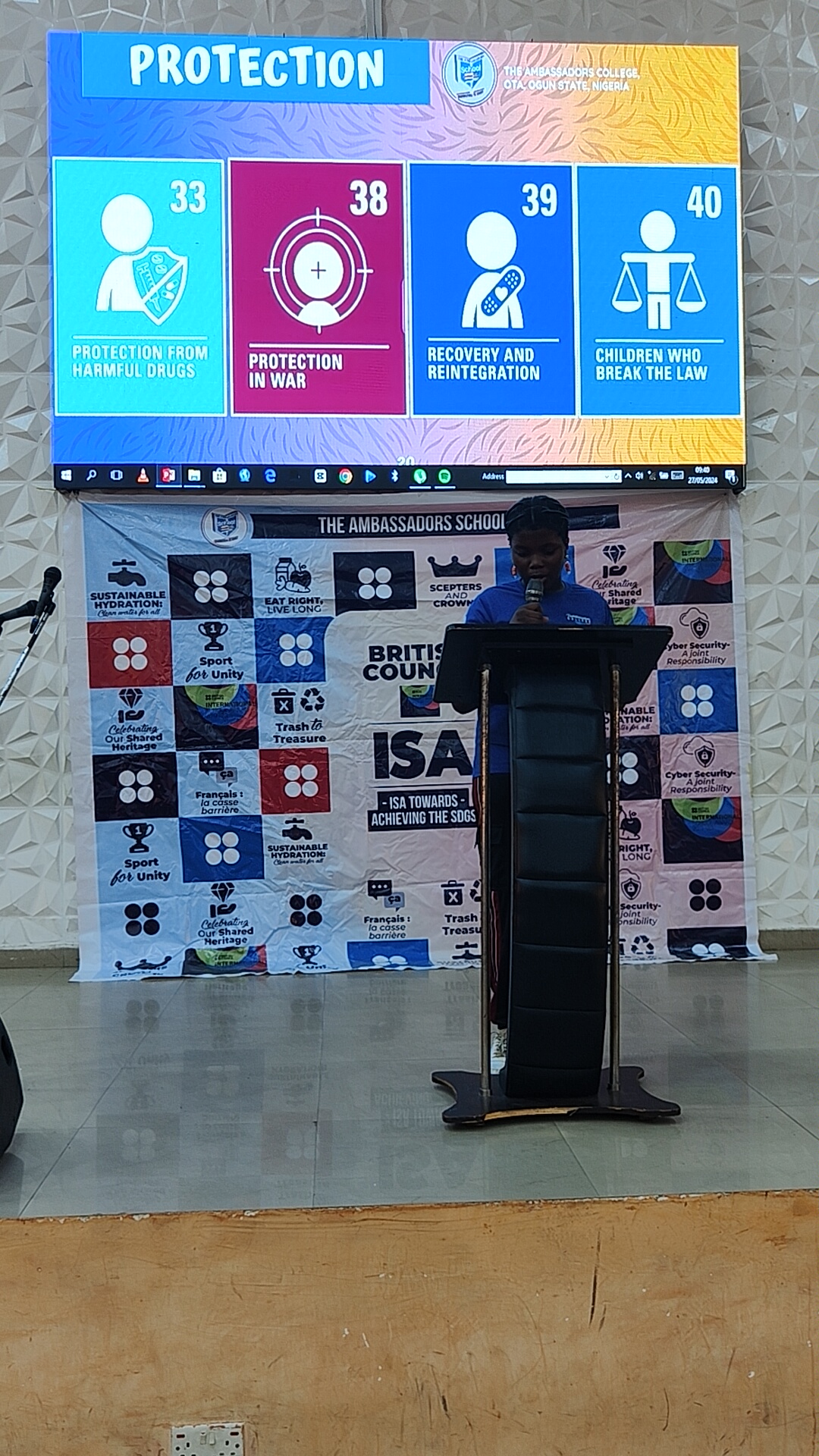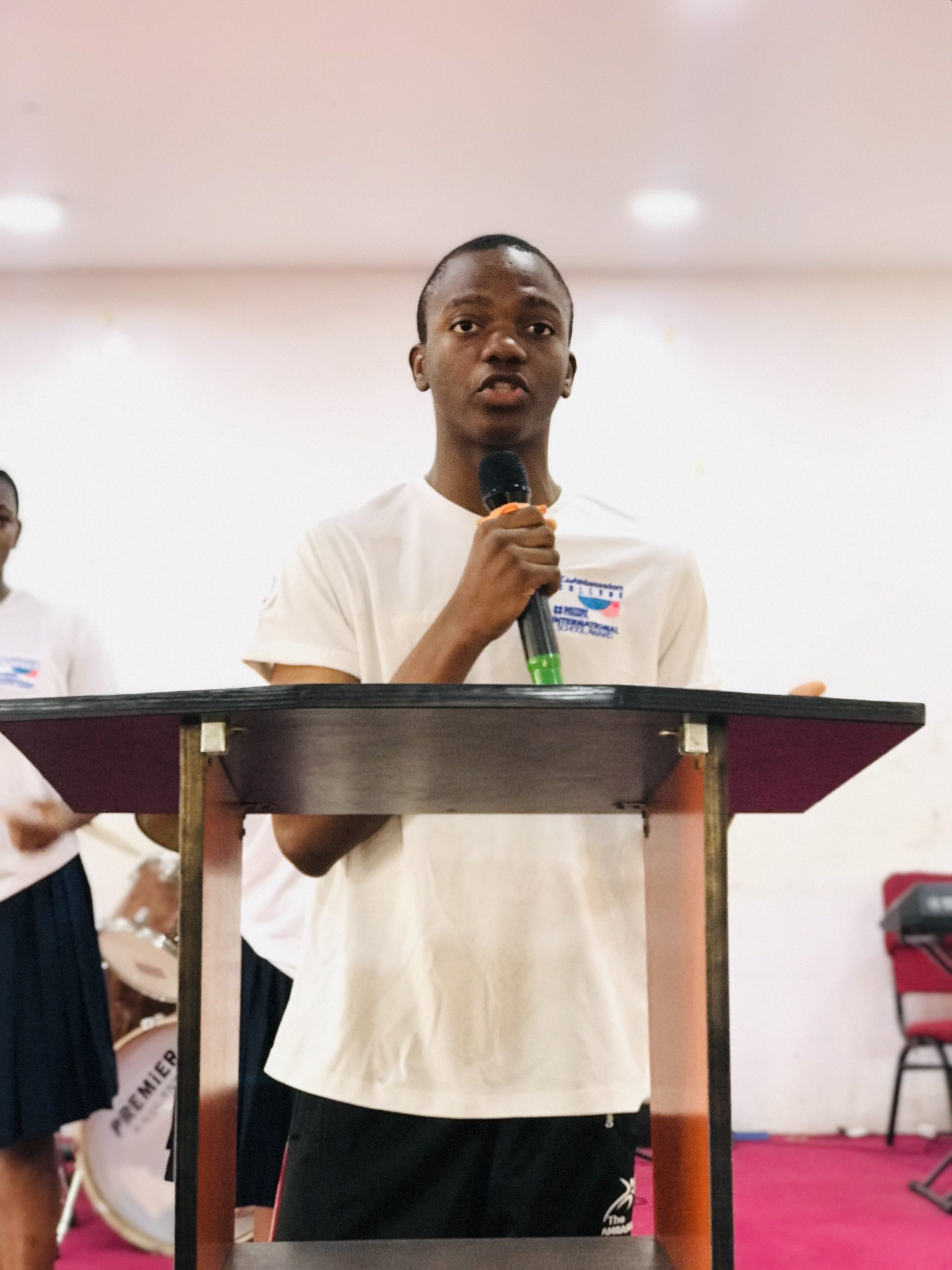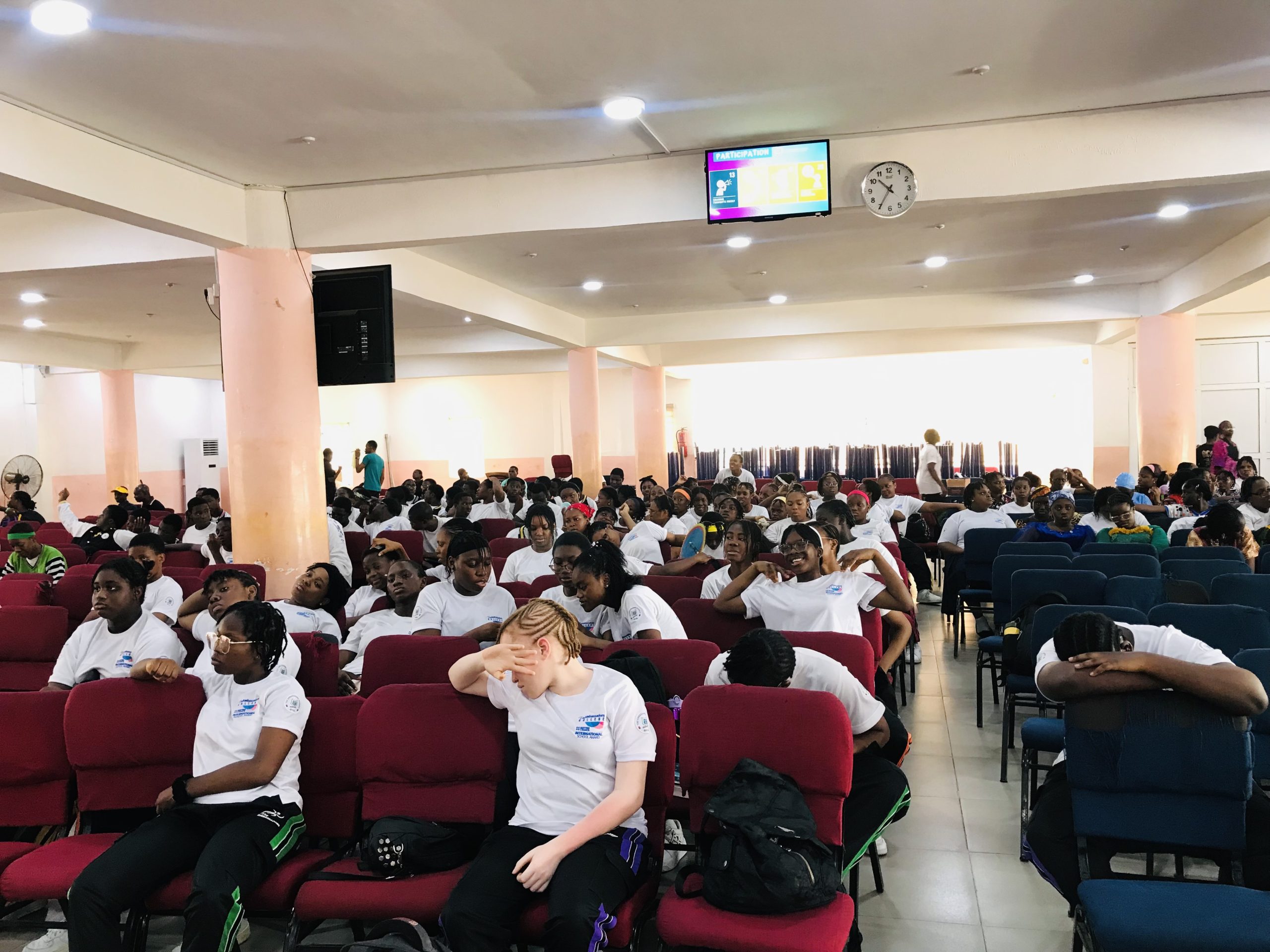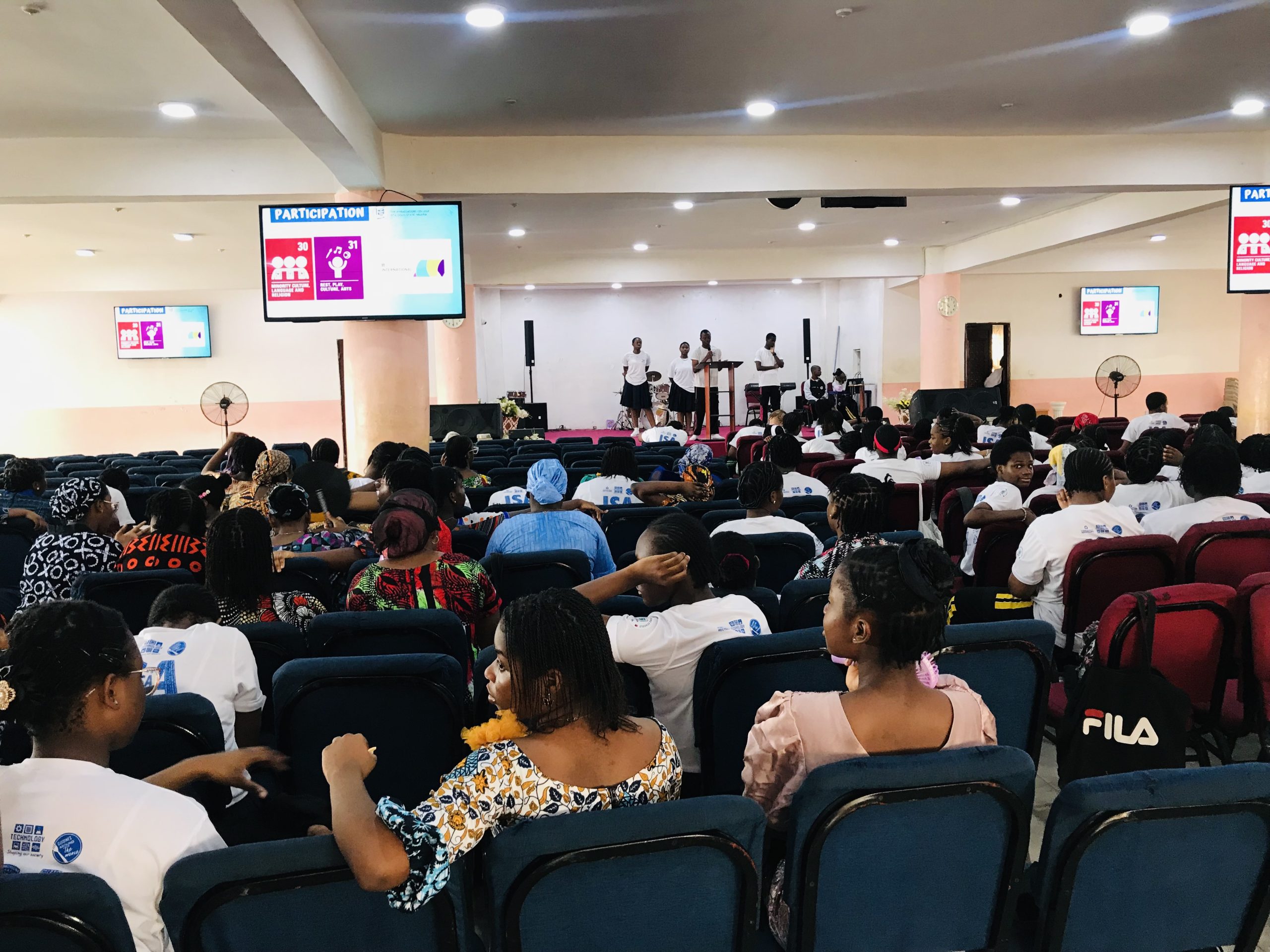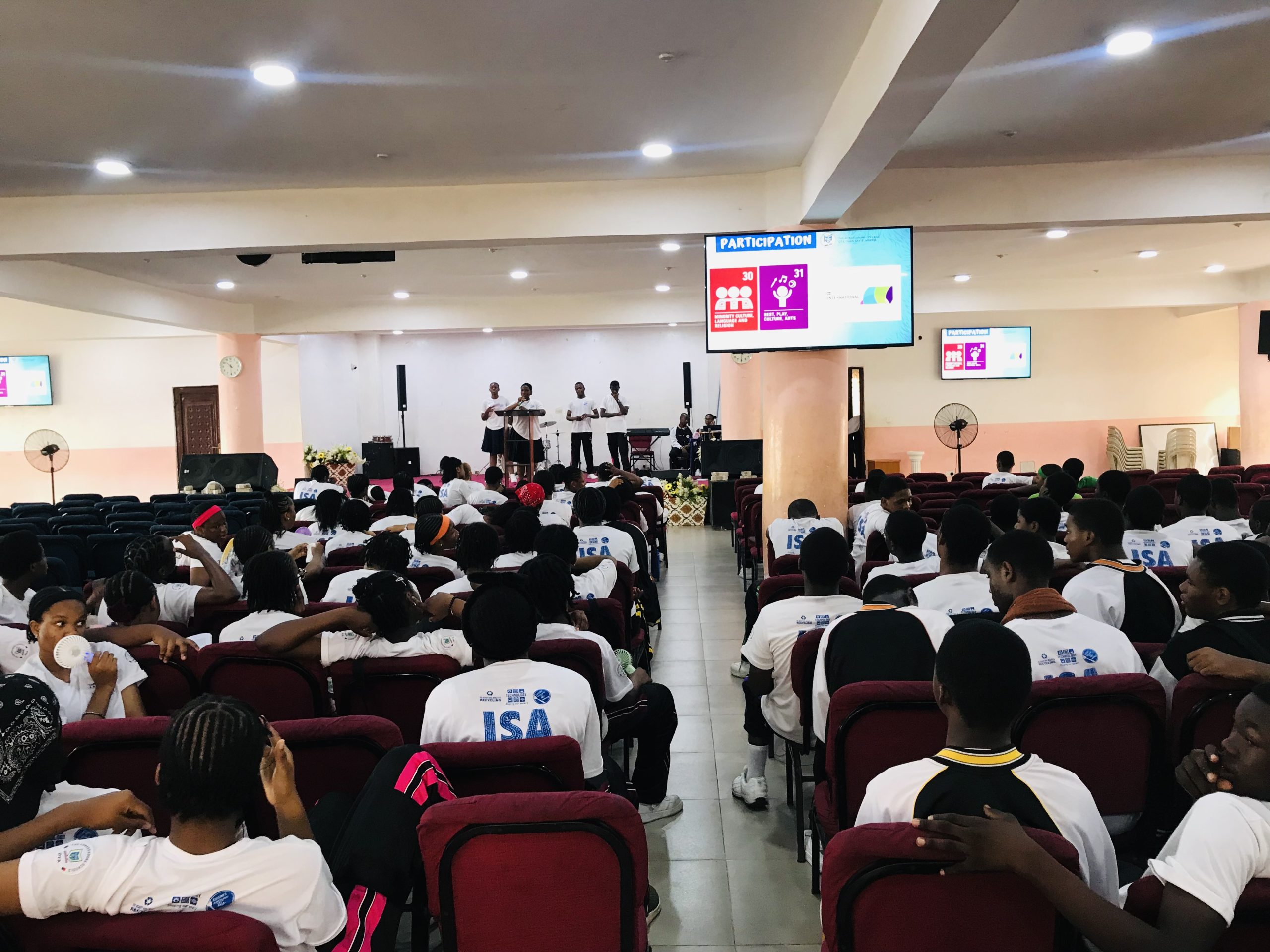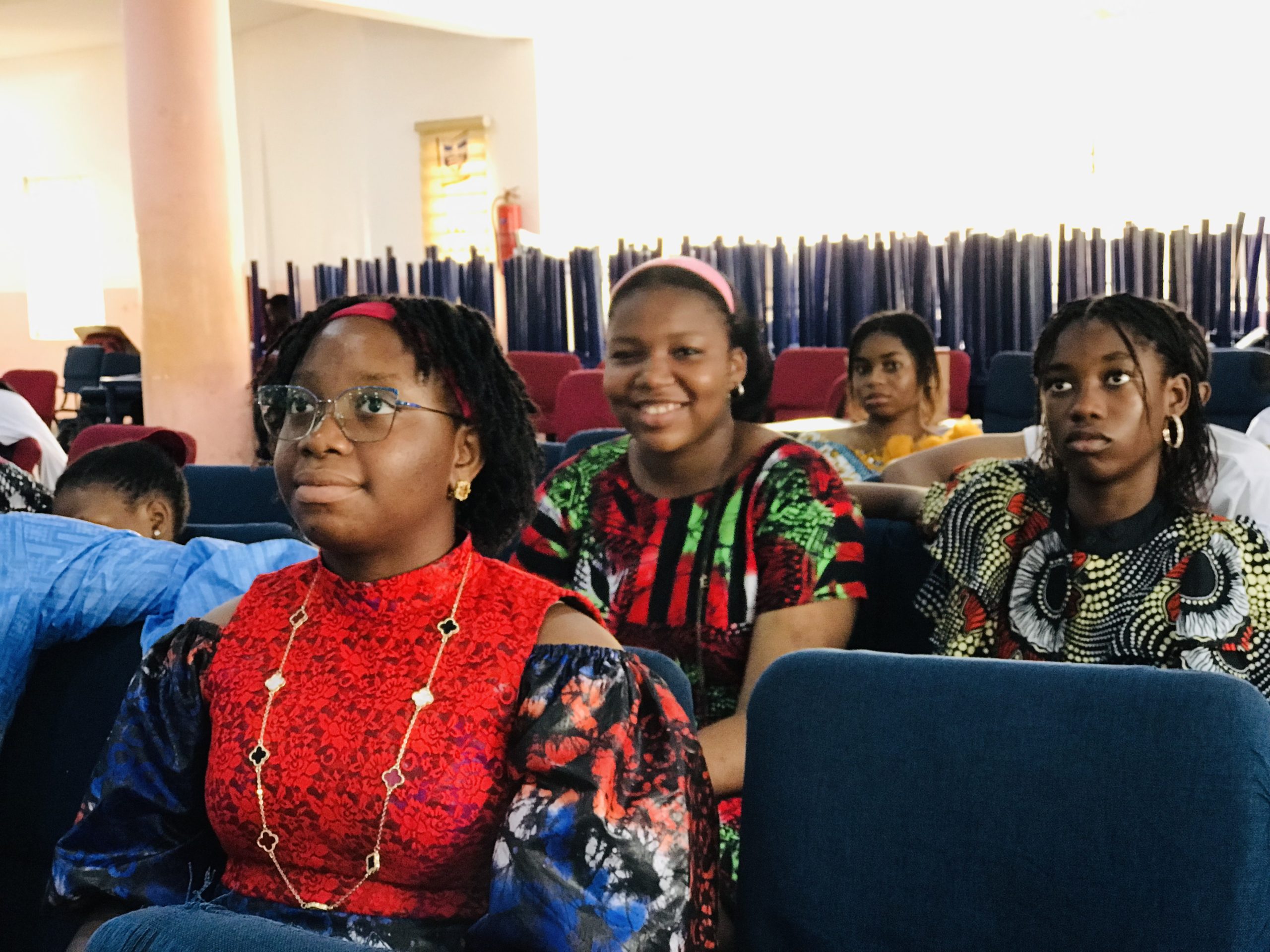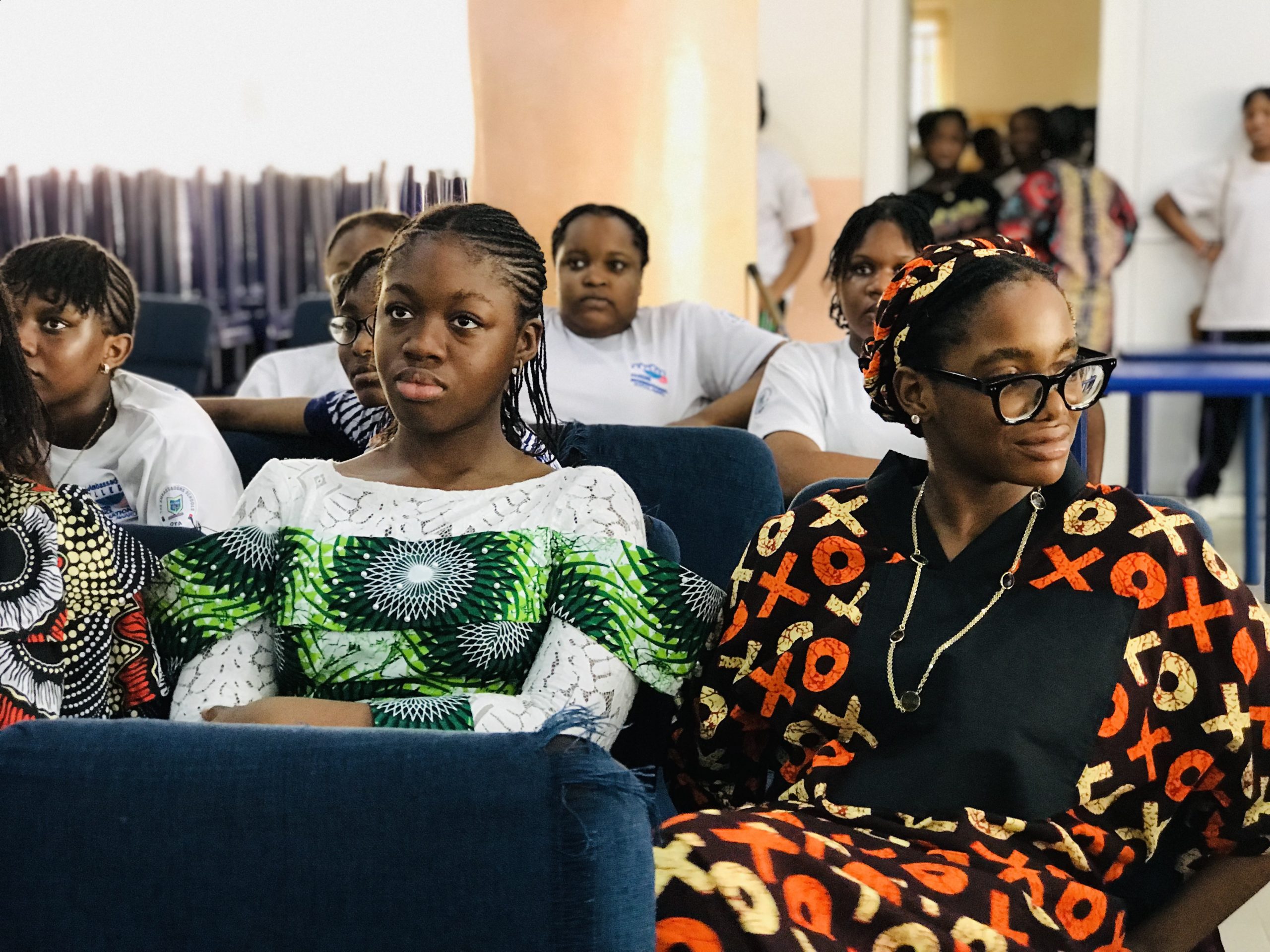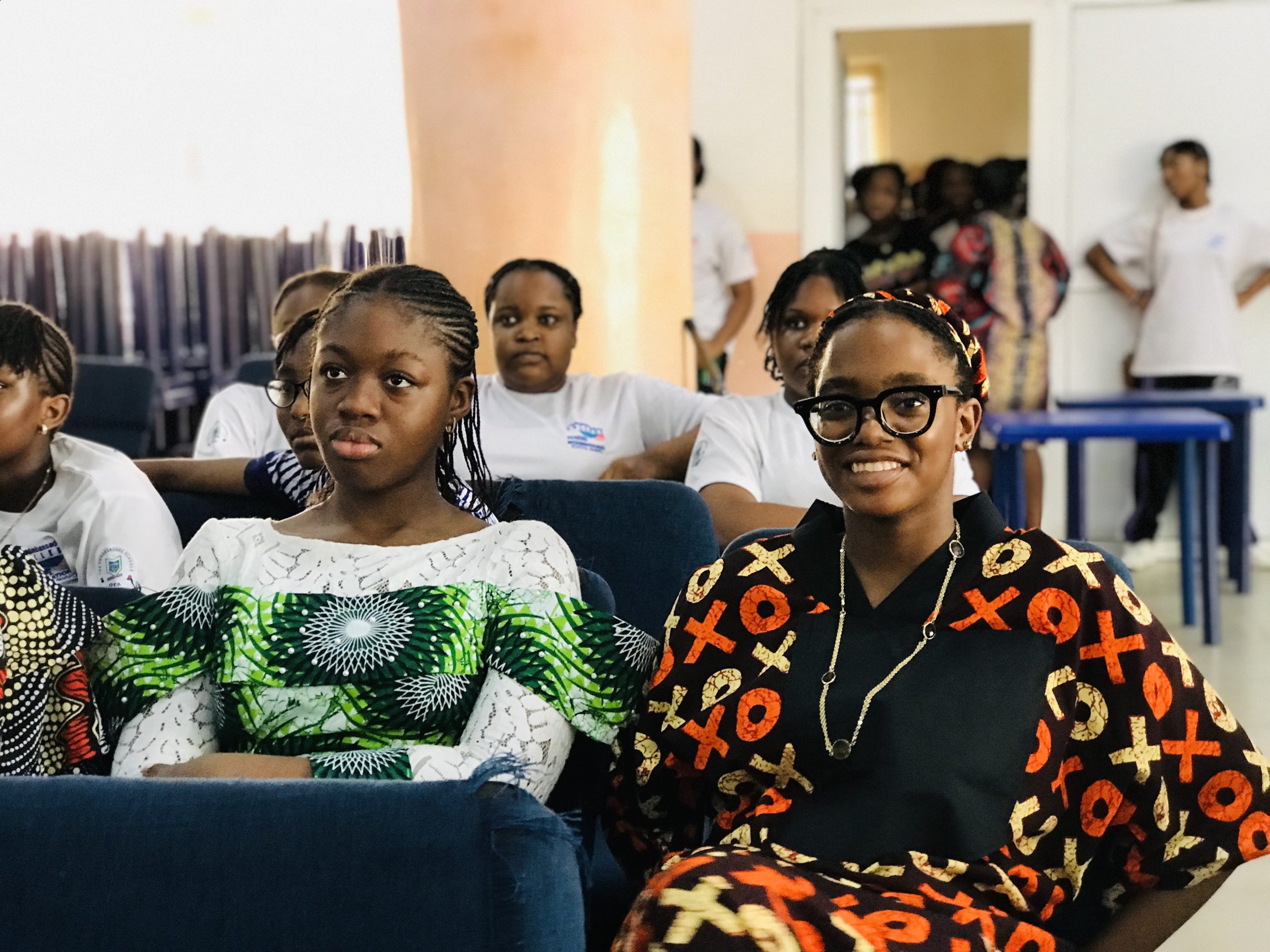Sceptres and Crowns (Collaborative).
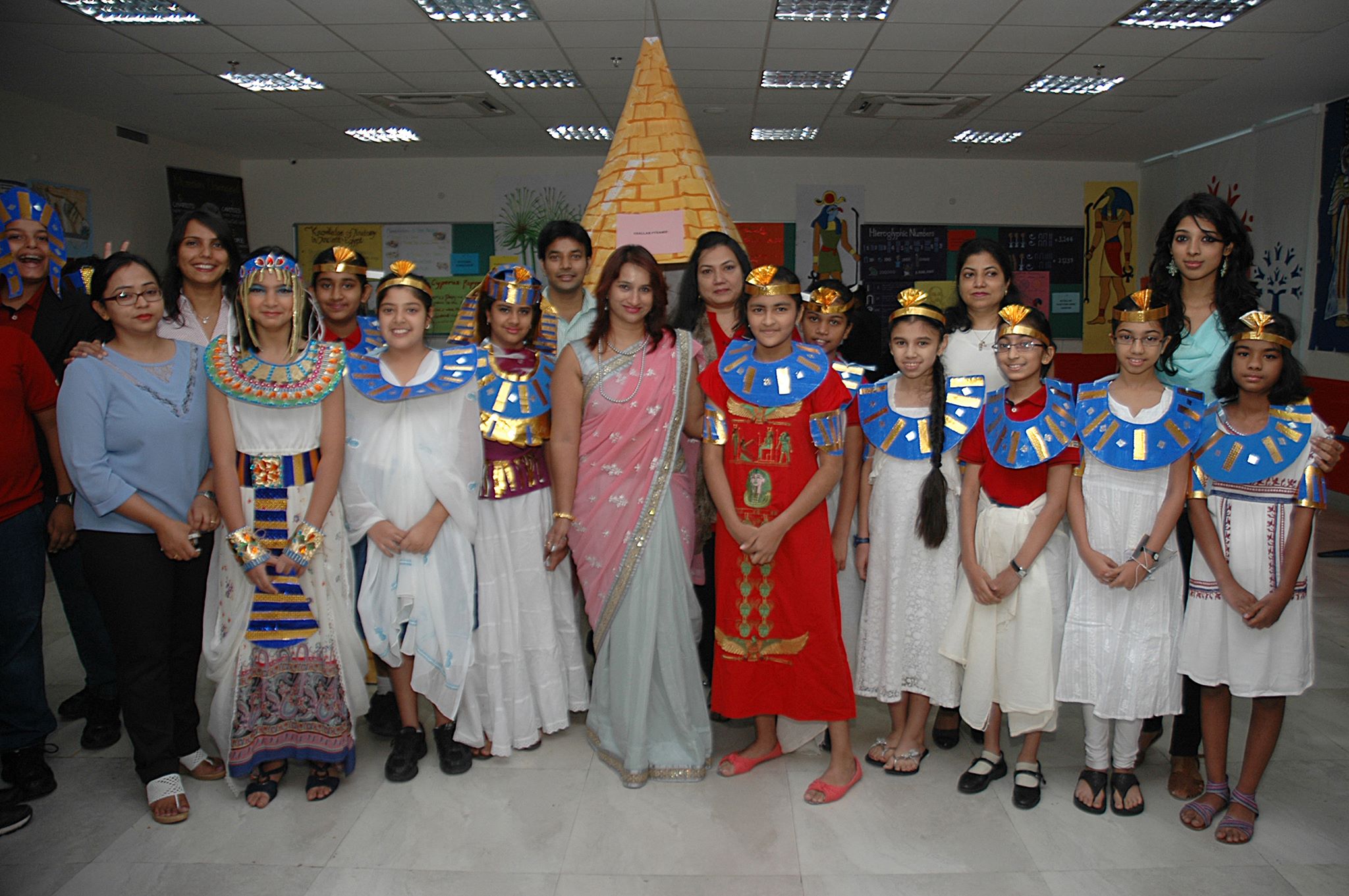
Our collaborator-Podar Int'l School students
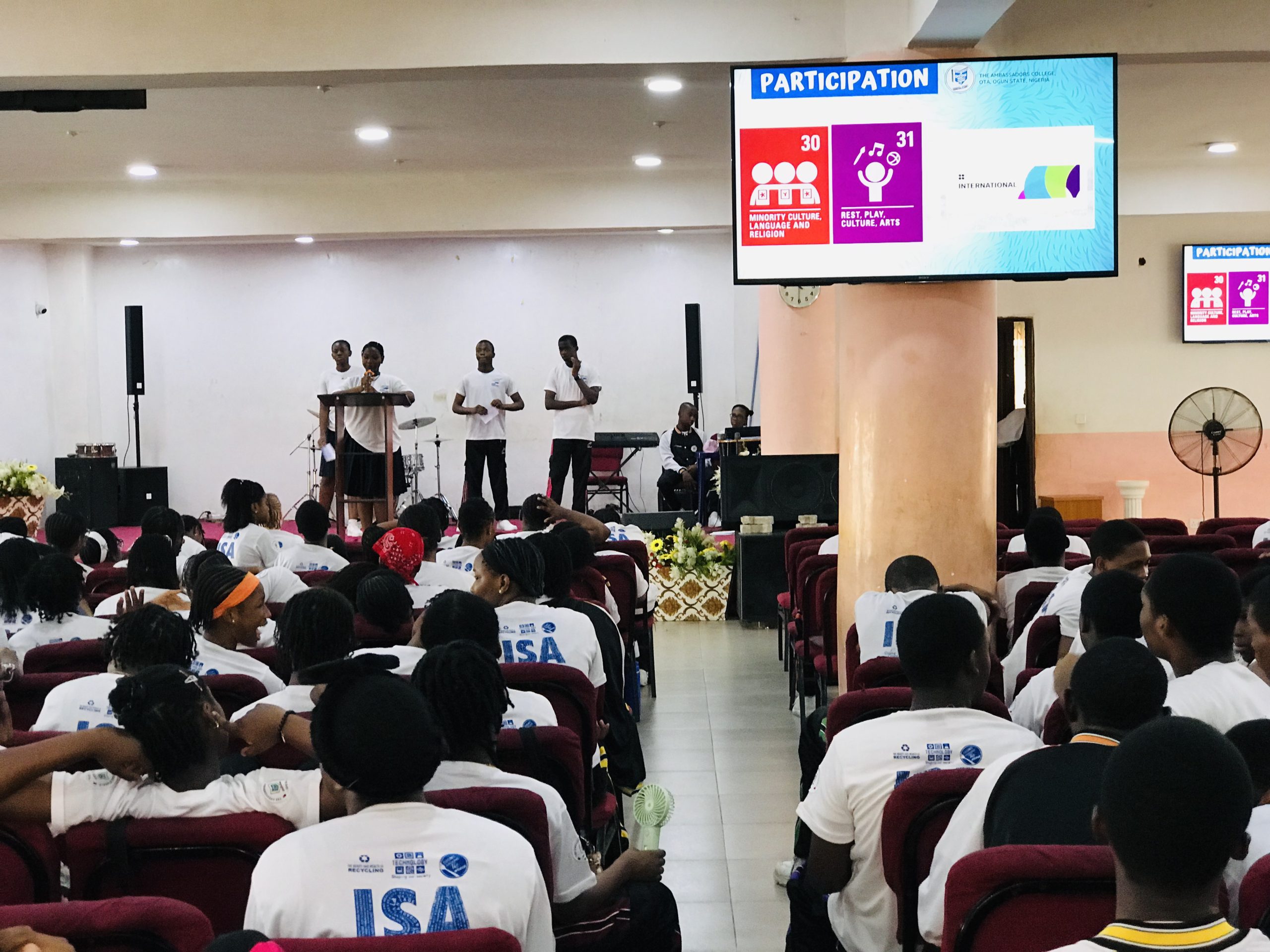
Students presentation on the laws that shape the rights and responsibilities of students aged 14-15
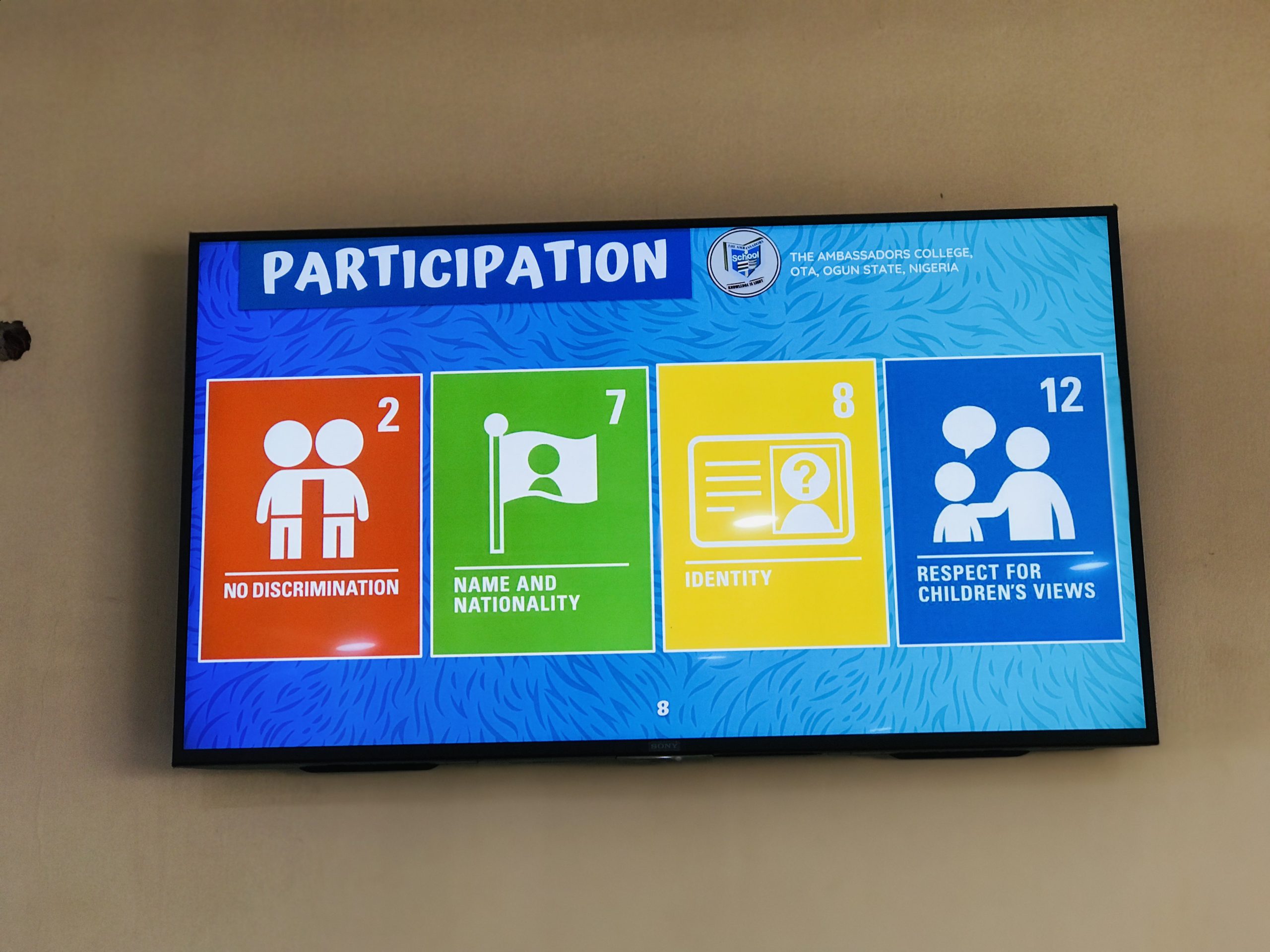
A closer view of the PowerPoint presentation by students on the laws that shape the rights and responsibilities of students aged 14-15
Activity Period: March 4th, 2024 – March 18th, 2024
Relevant SDG(s):
1. SDG 16 - Peace, Justice and strong institutions. This project x-rays selected themes of leadership, government and historical power structure in three selected countries representing three continents - Africa, Asia and Europe, while emphasizing the laws which shape the rights and responsibilities of students aged 14 – 15
2. SDG 10 - Reduced inequalities. This project also explores social inequalities and promote understanding of diverse historical experiences.
Subject Areas: History, Arts, English, Sociology, Media studies, Language Drama, ICT, Religious studies.
Partner school: The Podar International School, India
Class: (Ages 14 - 15) Grade 10 (100)
Number of Students: 100
Teacher Responsible: Mr Elugbadebo Femi. Other members of staff involved: Mr Awojugbagbe Tobi, Mr Israel Aromolaran
Activity Description:
1. Students researched leadership themes in Nigeria, England, and India, presenting their findings in a talk show format.
2. Students carried out research on the laws that shape the rights and responsibilities of students aged 14 - 15 with a focus on the United Nations Convention of the right of the child and made PowerPoint presentation to other students and shared their finding with our partner school in India.
Aims:
Relevant SDG(s):
1. SDG 16 - Peace, Justice and strong institutions. This project x-rays selected themes of leadership, government and historical power structure in three selected countries representing three continents - Africa, Asia and Europe, while emphasizing the laws which shape the rights and responsibilities of students aged 14 – 15
2. SDG 10 - Reduced inequalities. This project also explores social inequalities and promote understanding of diverse historical experiences.
Subject Areas: History, Arts, English, Sociology, Media studies, Language Drama, ICT, Religious studies.
Partner school: The Podar International School, India
Class: (Ages 14 - 15) Grade 10 (100)
Number of Students: 100
Teacher Responsible: Mr Elugbadebo Femi. Other members of staff involved: Mr Awojugbagbe Tobi, Mr Israel Aromolaran
Activity Description:
1. Students researched leadership themes in Nigeria, England, and India, presenting their findings in a talk show format.
2. Students carried out research on the laws that shape the rights and responsibilities of students aged 14 - 15 with a focus on the United Nations Convention of the right of the child and made PowerPoint presentation to other students and shared their finding with our partner school in India.
Aims:
- To understand common leadership themes of some selected countries in Africa, Europe and Asia, while focusing on the laws that shape the right and responsibilities of students aged 14 – 15 across countries.
Outcomes
- Explain/discuss the different leadership themes of the countries in focus while properly dressed in the country’s native attire.
- Understand and explain the laws that shape the right and responsibilities of students aged 14-15, so they learned about their rights and responsibilities as young people
- They developed research and presentation skills.
Evaluation Evidence: PowerPoint presentation, students' reports, Teachers' reports, photographs and video clips
Impact:
This project fostered global citizenship by encouraging students to appreciate diverse leadership models/approaches and legal systems while recognizing and advocating for their shared rights.
This activity also promoted intercultural understanding, challenged historical stereotypes, and empowered students through knowledge of their rights.
Impact:
This project fostered global citizenship by encouraging students to appreciate diverse leadership models/approaches and legal systems while recognizing and advocating for their shared rights.
This activity also promoted intercultural understanding, challenged historical stereotypes, and empowered students through knowledge of their rights.

